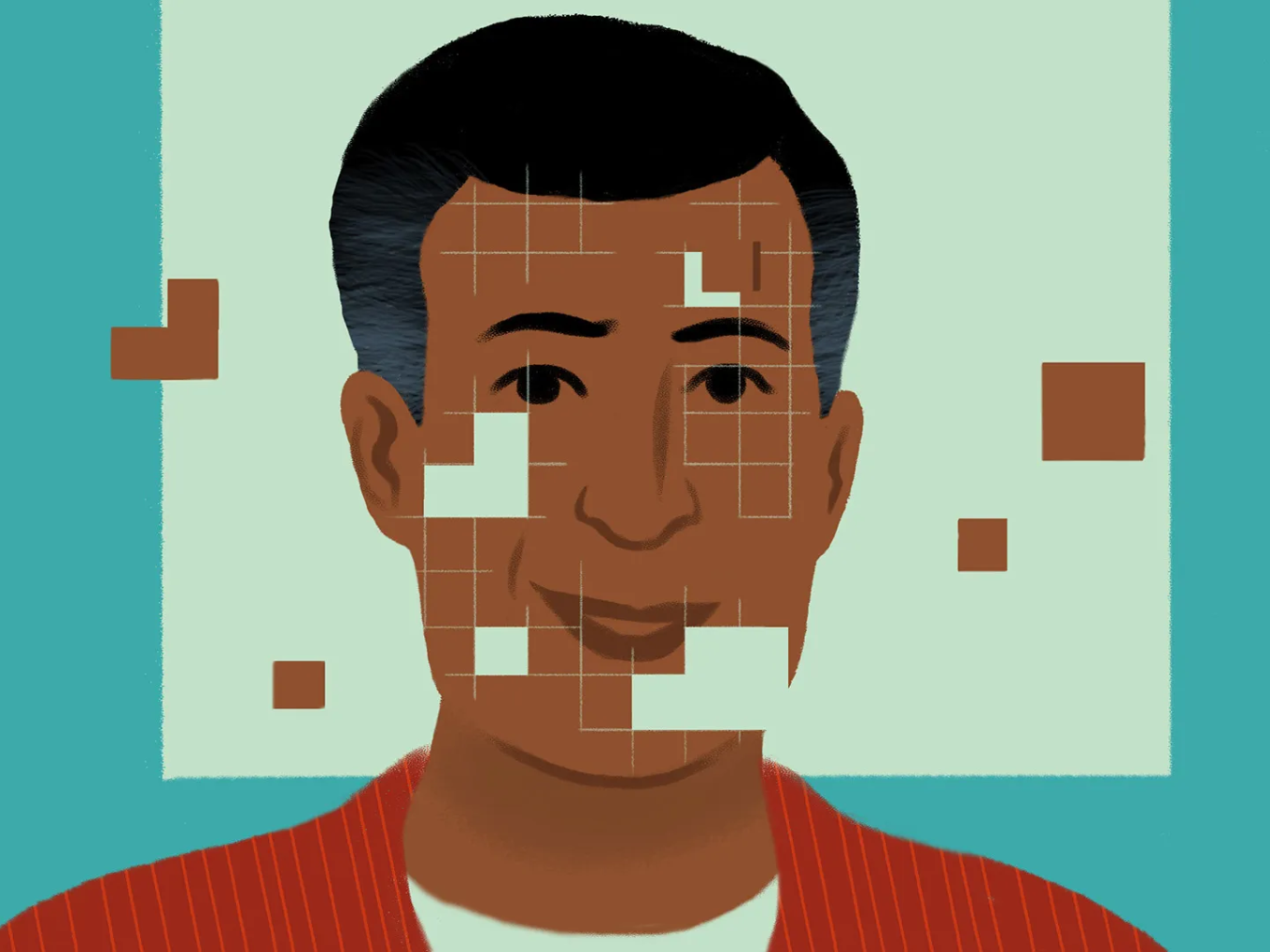In the midst of the ongoing discourse surrounding deepfakes, the Ministry of Electronics and Information Technology (MeitY) issued an advisory on Tuesday, December 26, urging all social media platforms to comply with existing IT rules. The advisory specifically targets the proliferation of deepfakes and the associated misinformation, emphasizing the need for platforms to adhere to regulatory guidelines.
The directive from the IT ministry instructs intermediaries to communicate clearly and precisely with their users about the types of content that are prohibited, particularly those outlined in Rule 3(1)(b) of the IT Rules. Rule 3(1)(b) is designed to ensure that platforms promptly identify and remove misinformation, false or misleading content, and material impersonating others, including deepfakes.
The advisory was formulated after discussions between Minister of State (MoS) for Electronics and IT, Rajeev Chandrasekhar, and intermediaries during Digital India dialogues. It underscores the importance of informing users, especially during the first registration and as regular reminders, about content not permitted under the IT Rules, particularly those listed under Rule 3(1)(b).

The MeitY advisory also emphasizes the responsibility of digital intermediaries to communicate information about penal provisions, including those in the Indian Penal Code (IPC) and the IT Act of 2000, to users. It asserts that digital platforms are legally obligated to report legal violations to enforcement agencies under existing laws.
The IT ministry further notes that during discussions on the deepfake issue, Minister Rajeev Chandrasekhar highlighted the urgency for all platforms and intermediaries to strictly adhere to current laws and regulations. Chandrasekhar stressed that the ministry had conducted two Digital India Dialogues with stakeholders in the Indian internet space to raise awareness about the provisions of the IT Rules, notified in October 2022 and amended in April 2023.
Addressing the issue, Chandrasekhar stated, “The ministry had two Digital India Dialogues with all the stakeholders of the Indian internet to alert them about the provisions of the IT Rules notified in October 2022, and amended in April 2023, that lays out 11 specific prohibited types of content on all social media intermediaries & platforms.”
The minister urged intermediaries to exercise due diligence and remove AI-powered deepfakes from their platforms while maintaining compliance with the IT Rules. He also cautioned about legal consequences for those who flout the rules. Chandrasekhar indicated that MeitY would closely monitor intermediary compliance in the coming weeks and would consider further amendments to the IT Rules and/or the law if necessary.
This development aligns with the government’s increased focus on addressing the challenges posed by deepfakes, especially in the context of high-profile cases targeting celebrities and politicians. Earlier in the month, YouTube India director Ishan John Chatterjee expressed that deepfakes were not in the platform’s interest, as viewers, creators, and advertisers prefer platforms that do not allow fake news or misinformation.
Additionally, the government plans to appoint a Rule Seven officer to oversee the establishment of a mechanism enabling users to file complaints regarding deepfakes.






